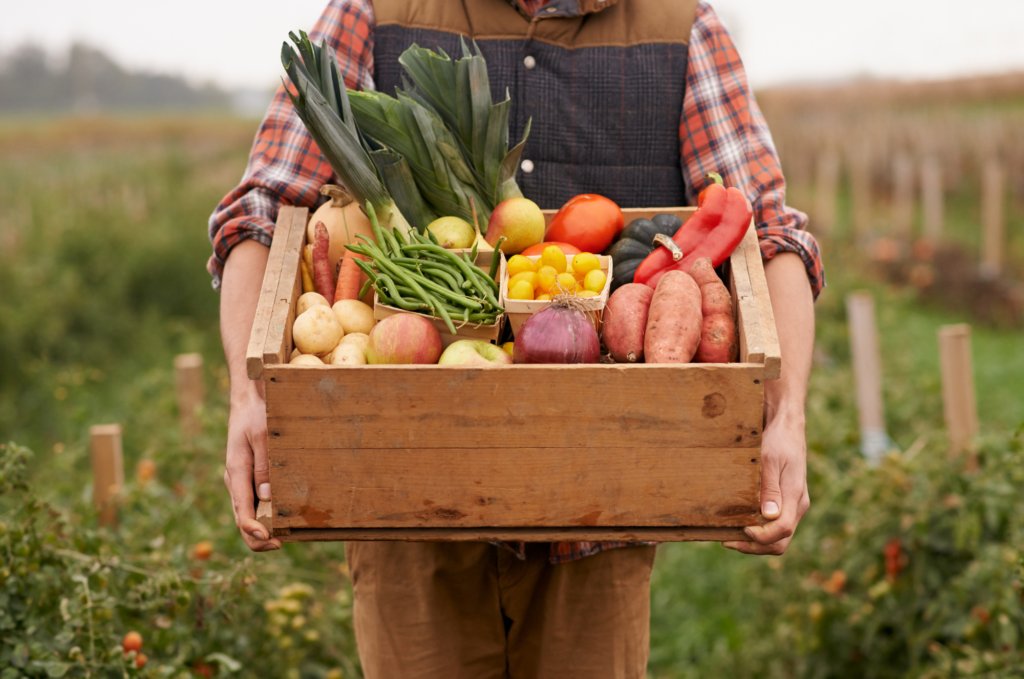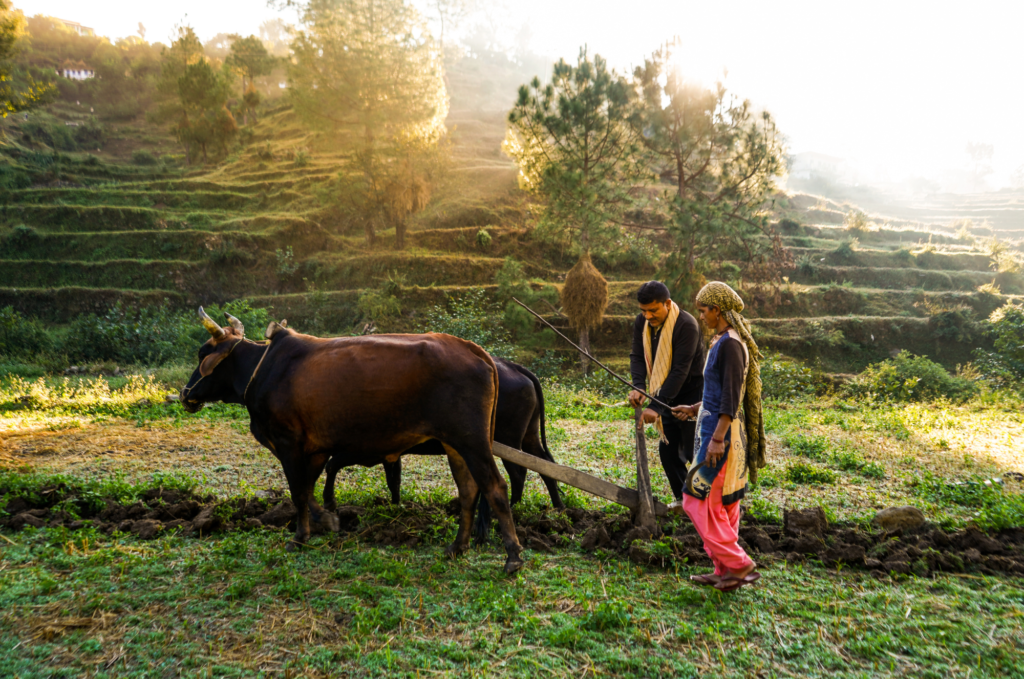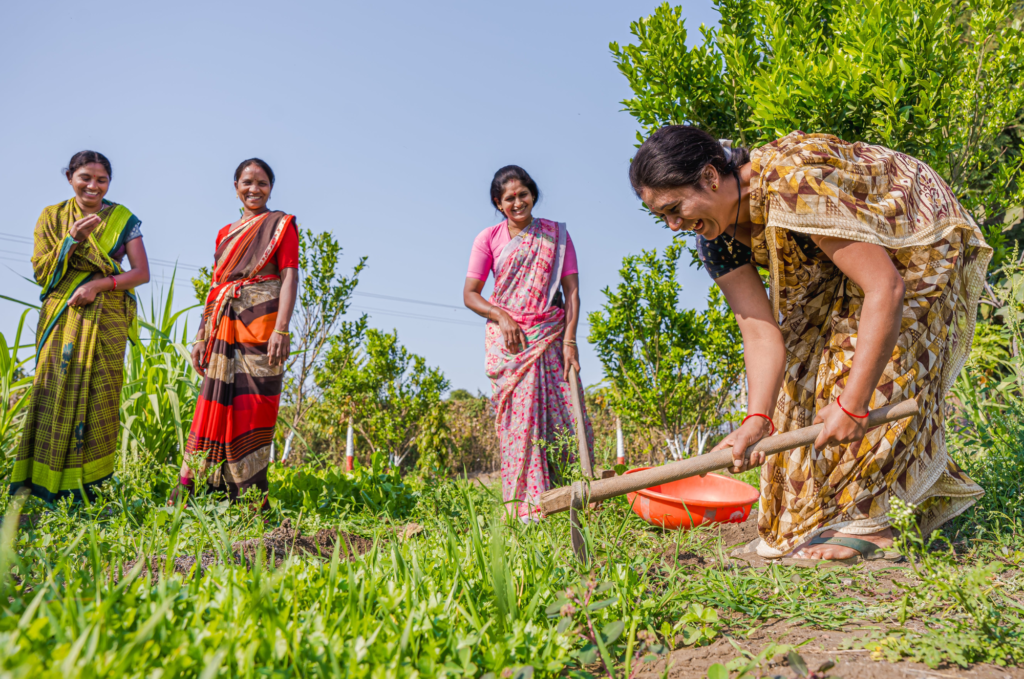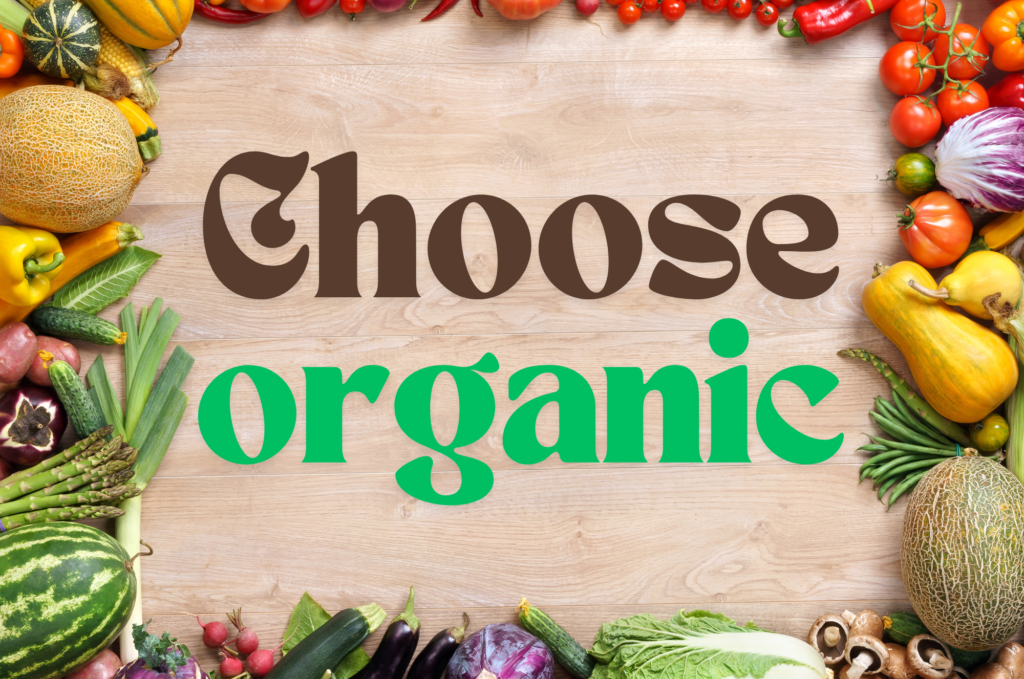Embracing Organic and Natural Farming
In today’s world, where fast food and processed meals often dominate our diets, it’s easy to overlook the profound impact our food choices have on both our health and the environment. Did you know that conventional agriculture is responsible for a significant portion of global greenhouse gas emissions, soil degradation, and water pollution? As we face the mounting challenges of climate change and biodiversity loss, the need for a shift toward organic and natural farming has never been more urgent.
Organic and natural farming isn’t just a trend; it’s a vital solution for a sustainable future. By embracing these practices, we can cultivate healthier ecosystems and healthier lives.

The Importance of Organic and Natural Farming Today
The environmental challenges we face are staggering. Conventional farming practices often involve heavy use of synthetic fertilizers and pesticides, which can lead to soil erosion, water contamination, and a decline in biodiversity. In contrast, organic farming prioritizes ecological balance, focusing on sustainable practices that enhance soil health, conserve water, and promote diverse ecosystems.
Moreover, as consumers become increasingly aware of these issues, the demand for organic products is soaring. According to industry reports, the organic food market is projected to continue growing rapidly. This shift in consumer preference is not just a personal choice; it’s a powerful driver of change in agricultural practices, encouraging farmers to adopt sustainable methods that benefit us all.
Health Benefits of Organic Farming
One of the most compelling reasons to support organic farming is the myriad health benefits it offers. Organic produce is grown without harmful synthetic pesticides and fertilizers, making it a safer choice for you and your family. Research has shown that organic fruits and vegetables often contain higher levels of antioxidants, which can help combat oxidative stress and inflammation in the body.
Furthermore, many people who switch to an organic diet report significant health improvements. From reduced allergies to lower risks of chronic diseases, the benefits of consuming organic foods are profound. Stories abound of individuals who have transformed their health by simply choosing organic, illustrating the deep connection between what we eat and how we feel.
Supporting Local Communities and Economies
Organic farming also plays a crucial role in supporting local communities. By purchasing from local organic farms, you are not only getting fresher produce but also contributing to your local economy. Many farmers who transition to organic practices find that they can create better livelihoods for themselves and their families while enhancing the health of their communities.

Take, for example, community-supported agriculture (CSA) programs, where consumers buy shares of a farm’s harvest. These programs foster a direct connection between farmers and consumers, ensuring that money stays within the community and promotes sustainable practices.
How You Can Get Involved
You don’t need to be a farmer to support organic and natural farming. Here are a few ways you can get involved:
- Support Local: Seek out local organic farms and farmers’ markets in your area. Buying directly from producers not only supports their work but often results in fresher, tastier food.
- Start a Garden: Even a small garden can make a difference. Growing your own herbs and vegetables connects you with nature and gives you control over what you consume.
- Advocate for Change: Encourage your community to support organic farming initiatives. Advocate for policies that promote sustainable agriculture and protect local farmland.

Conclusion
As we navigate the complexities of modern life, it’s crucial to remember the power of our choices. Embracing organic and natural farming is not just about personal health; it’s a commitment to a sustainable future for our planet and its inhabitants.
Join the movement for a healthier planet—one meal at a time! Together, we can cultivate a world where food is not just sustenance but a source of health, vitality, and environmental stewardship.









One comment
MikeyB
Keep up the great work!